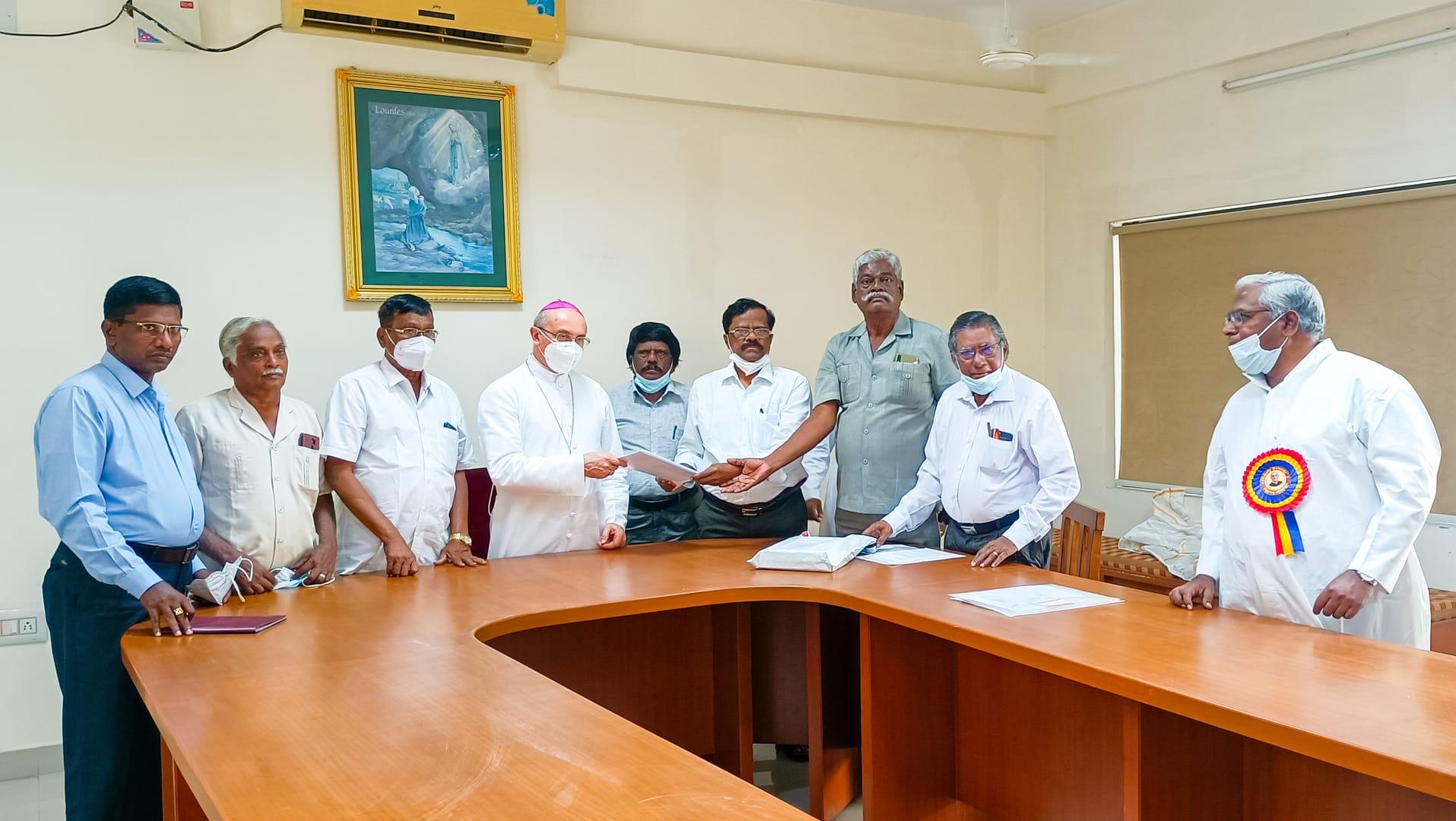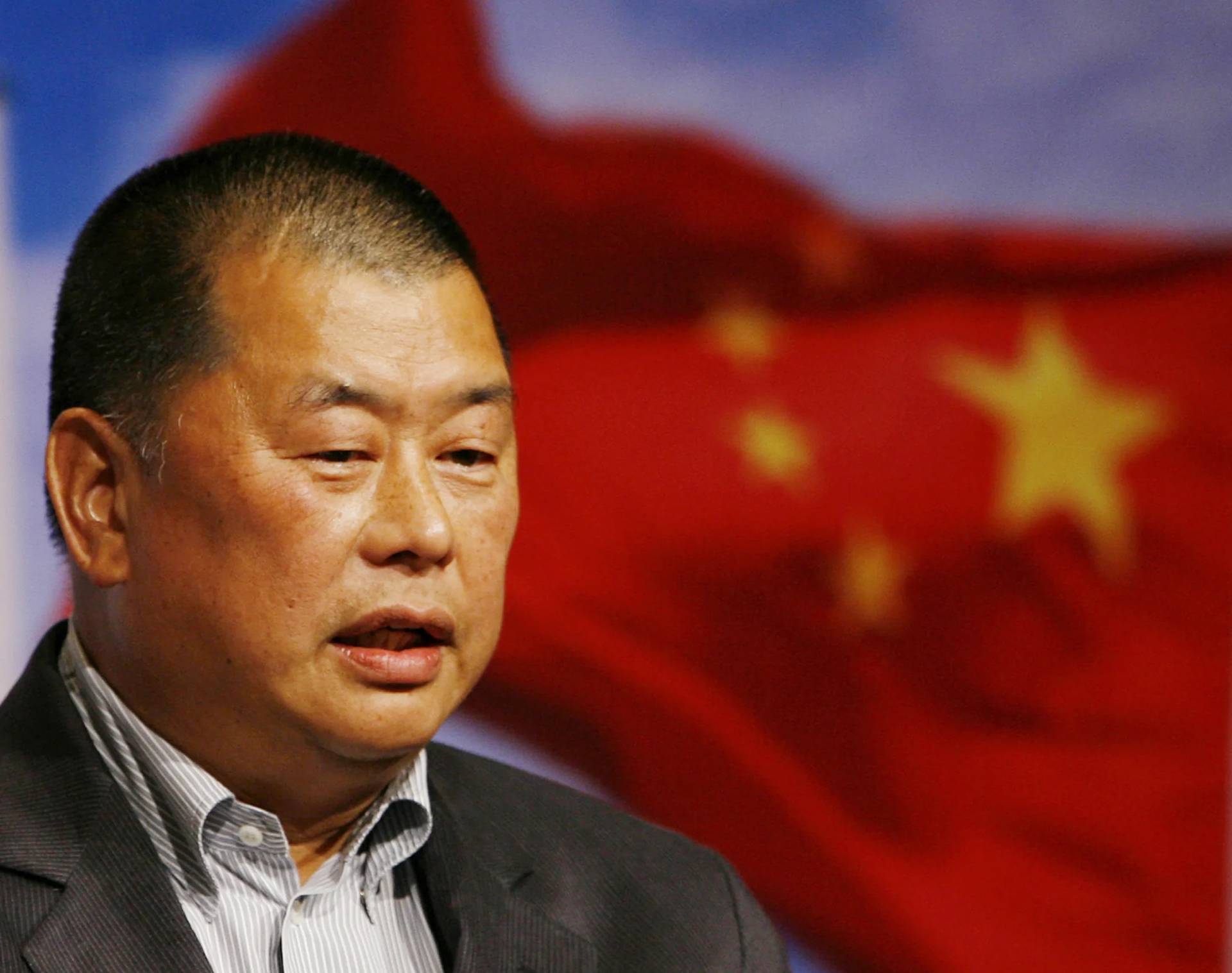MUMBAI, India – Pope Francis’s representative to India insists that caste status plays no role in the selection of bishops in the country.
In a statement sent to Crux, the Apostolic Nunciature in India said it wanted to make “clarifications” about a Feb. 2 meeting of the Dalit Christian Liberation Movement (DCLM) with the Apostolic Nuncio, Italian Archbishop Leopoldo Girelli.
Dalits were formerly known as “Untouchables,” the lowest level on the Hindu caste system. In India, it is common for caste discrimination to exist even in non-Hindu religions, including Christianity.
The DCLM had said it was “highly disappointed” with the meeting, which touched on the situation of the Church in the jurisdictions of Tamil Nadu and Pondicherry, a former French colony that was taken over by India in 1954.
Dalit Catholics comprise about 70 percent of the Catholics in Tamil Nadu and Pondicherry, but there is only one Dalit bishop now among the 18 dioceses in this region.
RELATED: Dalit activists ‘disappointed’ with meeting with Vatican ambassador to India
Catholic Dalit activists were upset that a non-Dalit was appointed to be bishop of Salem in the state of Tamil Nadu last year.
During their meeting with the nuncio, the DCLM stated that much progress was made in the appointment of bishops between 1993-2007, when four Dalit bishops were appointed in Pondicherry and Tamil Nadu.
“It all happened only because of the conscious decisions and efforts of then Apostolic Nuncios and the Vatican Dicasteries concerned. It was a historical moment for the Dalit Catholics,” the Dalit group said in a letter given to the nuncio.
“But unfortunately, in the next fifteen years from 2007, even this progress initiated was reversed by the two Nuncios during this period and so we are now left with only one Dalit Bishop representing the Dalit Catholics who comprise more than 70 percent of the Catholics here. Your Excellency, we recall to you that historical moment, only to appeal that this progress initiated is continued now during your tenure,” the letter continued.
“No reason or justification at all for the continuance of this blatant situation for Dalit Catholics except the indecision, indifference and active discrimination by the Indian Catholic hierarchy. They are emboldened to continue this in the absence of concerned intervention by the Apostolic Nuncio in India and the Holy See,” it said.
The Feb. 7 statement from the nunciature said Girelli, “willing to understand more the reality of the Dalit Catholic Community, has listened attentively to the grievances presented by the DCLM. stating that there is discrimination of Dalits in selecting the Ecclesiastical Hierarchy in India and the Apostolic Nuncios are held responsible for that.”
“Archbishop Girelli has replied that there is no discrimination in the selection of episcopal candidates and in the appointment of new Bishops. The responsibility of the Apostolic Nuncio is only to verify the priestly integrity of the candidates in order to establish their suitability for the office of Bishop, making no distinction based on ethnicity, caste, language or social status. In doing this, the Apostolic Nunciature stringently follows clear principles of the Holy See in the process of determining the Church’s leadership (Canon 377-378),” the statement said.
The nunciature added that it was aware of the contribution of the Dalit people in the Catholic Church in India, always gives consideration to Dalit candidates for episcopacy.
“The Apostolic Nuncio also pointed out that the episcopal ministry in the Church is to be intended as a service to the people and not as a position of power,” the statement continued.
The nunciature also said it fully supported the Dalit policy issued by the Catholic Bishops’ Conference of India (CBCI), which states: “Caste with its consequent effects of discrimination and ‘caste mentality’ has no place in Christianity.”
Quoting Pope Francis, the statement said that in the Catholic Church, “the mutual sense of belonging is prior to the emergence of individual groups. Each particular group becomes part of the fabric of universal communion and there discovers its own beauty.”













